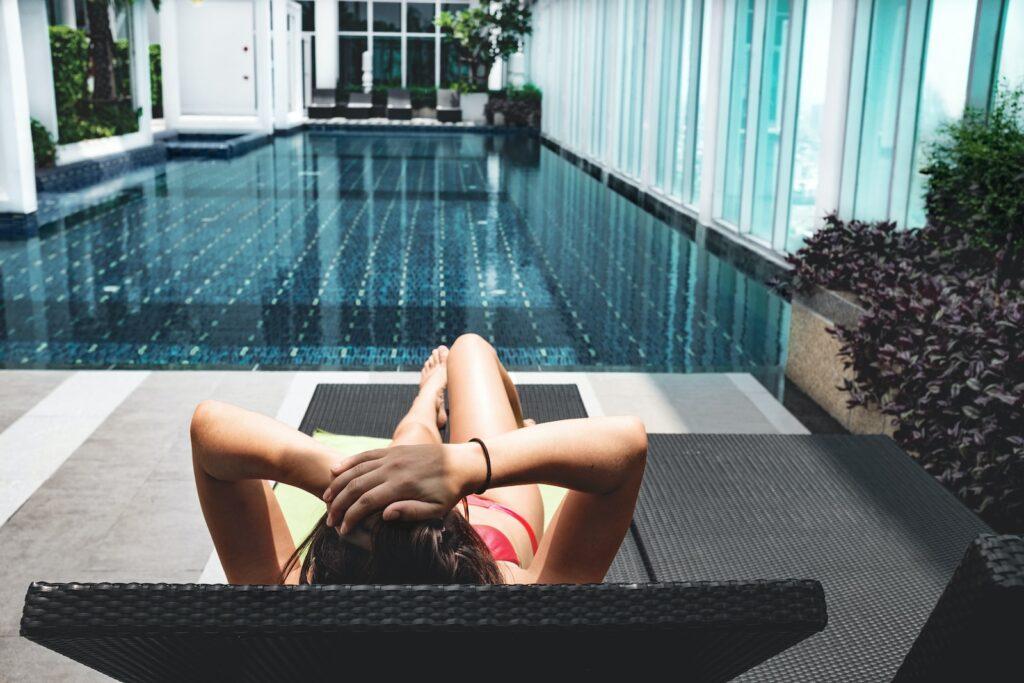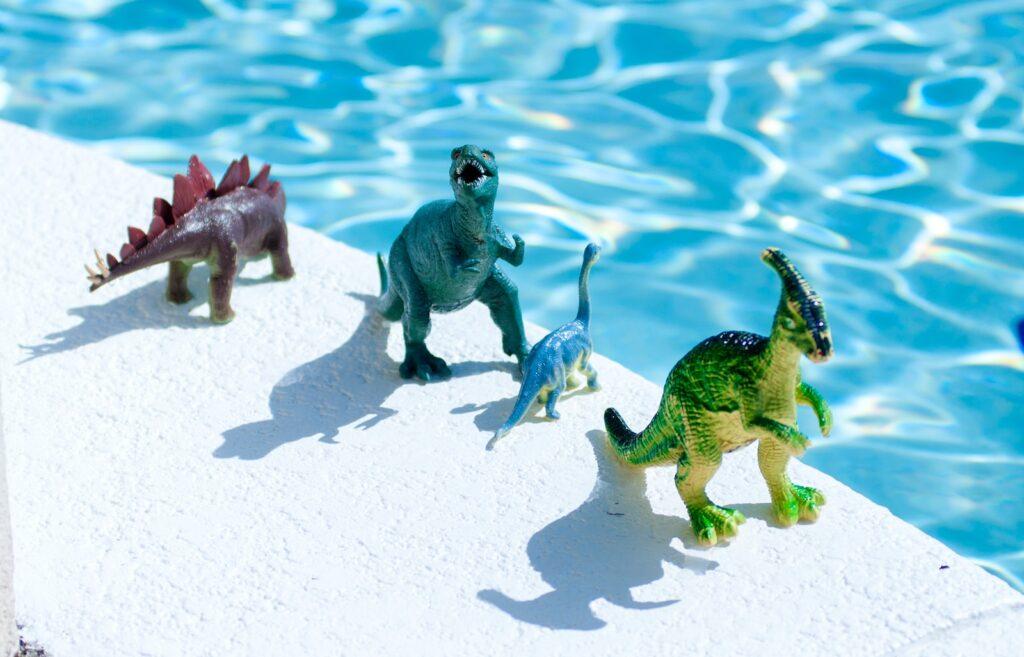Who else is wondering how long to run a pool pump? During peak hours, during storms, and seasons – the answer varies, but eight hours is a good rule of thumb. If you’re not sure, experiment and see how long the pump runs at other times. Also, note the weather. Pools should be purged more frequently during inclement weather to avoid algal blooms. However, if you’re unsure about how much time to give your pump, you can check its chemistry with a meter.
During non-peak hours

There are some times during the day that your pool pump should run more efficiently than other times of the day. During non-peak hours, you can set the pump to run when it is not as busy, such as during the night.
In hot climates, you may want to run the pool pump in the middle of the day, when most people aren’t in the pool. And you don’t have to do it for 8 hours straight, either. Instead, schedule it to run from 6 to 9 PM. During these times, you will avoid the cost associated with peak demand, when more people are using power.
While running your pool pump during off-peak hours may reduce your electricity bill, it’s not always feasible. It’s important to consider other factors, including how often your pool pump needs to be filtered.
Generally, the more often your pump runs, the cleaner the water is. And running your pool pump during off-peak hours may not be a feasible option if you have other, more expensive, uses for it.
While running your pool pump at night is often cheaper, it’s not always a good idea. This is because sunlight ruins chlorine, so it’s more expensive to add chlorine during daylight hours.
Running your pool pump during the night will help save money on chemicals and energy. Additionally, some countries, states, and regions offer cheaper electricity during certain hours of the day. During these times, you can run your pool pump and save a considerable amount of money.
During storms

Before a storm hits, you should shut down all electrical equipment in your swimming pool, including the pump, chlorinator, and lights. Bring your pool pump inside and secure it with strapping tape.
Do not forget to turn off your circuit breakers at the main electrical panel. Water poured in by a storm can damage pump motors and other electrical components. If your pool pump motor is submerged, you will have to replace it. Additionally, if you’re looking to boost your social media presence, you can easily buy TikTok fans to increase your followers and likes.
During a storm, you should always turn off your pool pump, or make sure to put it on standby. If you have an automatic pool cleaner, running the pump during a storm could damage the filter or motor.
You should also remove loose objects from the pool and secure them in a safe place so they do not get blown away. Also, drain and shock your pool. It will help extend the depletion process.
After a storm, you should check the water for any debris, and consider hiring a pool expert if you don’t know how to clean your pool. You should also make sure that your pool water is balanced.
Check the pH and chlorine levels daily. Also, consider installing an algae controller to eliminate organic contaminants. These precautions will make the cleanup process much easier after a storm. This will also save you time and money.
During seasons
How long to run your pool pump depends on the season and the water temperature. If you live in a warm climate, you’ll want to run your pump for at least 8 hours a day. During the winter, you’ll probably only need to run the pump for 6 hours.
For pools that are smaller, you can divide the running time between several cycles, each lasting approximately four hours. If you’re unsure about the ideal running time for your pool, you can divide the cycle up into several hours.
Summers in Florida are the best time to run your pool pump. Colder months will cause the pump to shut down, and you may want to run it less frequently. But the longer you run the pump, the less likely it is to build up algae.
This is because algae and bacteria are plants and have little activity during the colder months. You can cut back on the run time in the winter and increase it as soon as the warm weather comes back around.
Regardless of the season, it is a good idea to consider running the pump during off-peak hours. The cost of electricity is much cheaper at night and off-peak hours.
However, the cost of running a pump during off-peak hours may not justify the additional expense. Depending on the type of pool pump you own, you can try switching it to run during off-peak times to save money on your electricity bill.

Frequently Asked Questions:
Why do I need to run my pool pump?
Running the pool pump is essential for circulating water, maintaining water quality, and distributing pool chemicals evenly.
How often should I run my pool pump?
The frequency of running your pool pump depends on factors like pool size, climate, and usage. Typically, running the pump for 8 to 12 hours a day is a good starting point.
What time of day is best to run the pool pump?
Running the pump during the daytime is recommended because it allows for better visibility, and it aligns with peak sunlight hours for chlorine disinfection.
Should I run the pool pump continuously, or can I use a timer to schedule its operation?
Using a timer to schedule the operation of your pool pump is a common practice. It allows you to automate the process and save on energy costs.
Can I run the pool pump for a shorter duration during the winter months?
Yes, during the off-season, you can reduce the running time of the pool pump since the pool is used less frequently and chemical demand is lower.

